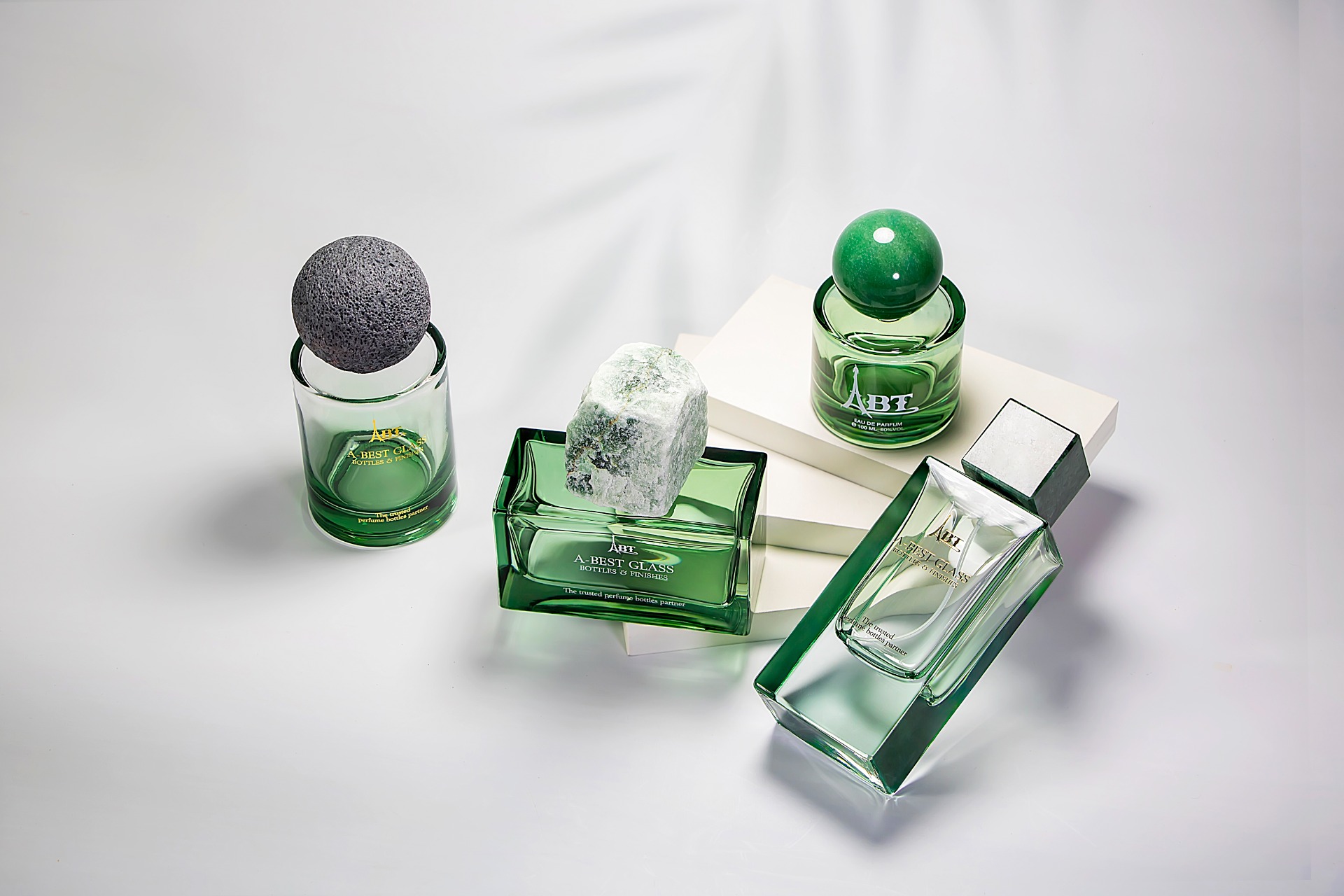
The glass perfume bottle industry is undergoing continuous transformation, shaped by evolving consumer preferences, advancements in technology, and the dynamics of global markets. To remain competitive and meet the expectations of today's consumers, brands and manufacturers must stay attuned to emerging trends that are redefining the industry. From sustainability initiatives to the integration of digital technologies, several critical factors are influencing the future trajectory of glass perfume bottles.
Sustainability has emerged as a central focus within the industry, reflecting a broader shift in consumer priorities. Eco-conscious consumers are increasingly seeking environmentally friendly products, including perfume packaging. In response, brands are adopting recycled glass for bottle production, with some committing to achieving 100% recycled content by 2030. Refillable glass bottles are also gaining traction, enabling consumers to reuse their bottles by purchasing refill cartridges. This approach not only minimizes waste but also offers long-term cost savings, appealing to both luxury and mass-market consumers. For instance, Gucci, a prominent luxury perfume brand, introduced a refillable perfume line in 2023, featuring glass bottles that can be refilled at designated stores or through mail-based services.
Technological innovation is another pivotal trend, particularly in the realms of design and manufacturing. 3D printing is transforming the creation of glass bottles, allowing for the development of intricate and highly customized designs that were previously unattainable using traditional molding techniques. This technology also facilitates small-batch production, offering emerging brands the opportunity to craft distinctive bottles without the substantial costs associated with custom molds. Moreover, the integration of smart technology into glass bottles is enhancing consumer engagement. For example, some brands are embedding QR codes on their bottles, which, when scanned, provide detailed information about the perfume’s ingredients, origin, and sustainability attributes. This not only enriches the consumer experience but also fosters trust and transparency.
Personalization has become a key driver of consumer demand in the perfume industry, and glass bottles are no exception. Modern consumers desire products that reflect their unique style, prompting brands to offer customizable options such as engraved names, distinctive color finishes, and interchangeable caps. For instance, Sephora’s "Custom Perfume Bottle" service allows customers to select from various glass bottle shapes, colors, and engraving options to create a personalized product. This trend is driving the need for flexible production processes capable of accommodating small-batch, customized orders. To address this demand, manufacturers are investing in advanced technologies such as digital printing and laser engraving.
The rise of e-commerce has also significantly influenced the design and production of glass perfume bottles. With an increasing number of consumers purchasing perfumes online, bottles must be engineered to endure the rigors of shipping and handling, minimizing the risk of breakage. This has led to the development of lightweight yet durable glass formulations, as well as innovative packaging solutions such as shock-absorbent inserts that safeguard bottles during transit. Additionally, the visual appeal of bottles has become more critical in the e-commerce landscape, as they must stand out in online listings. Consequently, brands are prioritizing bold designs, distinctive shapes, and striking finishes to capture consumer attention.
Lastly, the global shift toward local production is reshaping the industry. To reduce carbon emissions associated with transportation and mitigate the impact of tariffs on imported goods, many brands are relocating production facilities closer to their target markets. This trend has spurred the growth of regional glass manufacturing hubs, particularly in Asia and Africa, where demand for perfume is expanding. Local production not only reduces transportation-related emissions but also enables faster turnaround times, allowing brands to respond more swiftly to evolving consumer preferences.
In summary, the future of the glass perfume bottle industry is being shaped by sustainability, technological innovation, personalization, the rise of e-commerce, and the shift toward local production. By embracing these trends, brands and manufacturers can develop products that align with the needs of modern consumers while navigating the complexities of a dynamic global market.